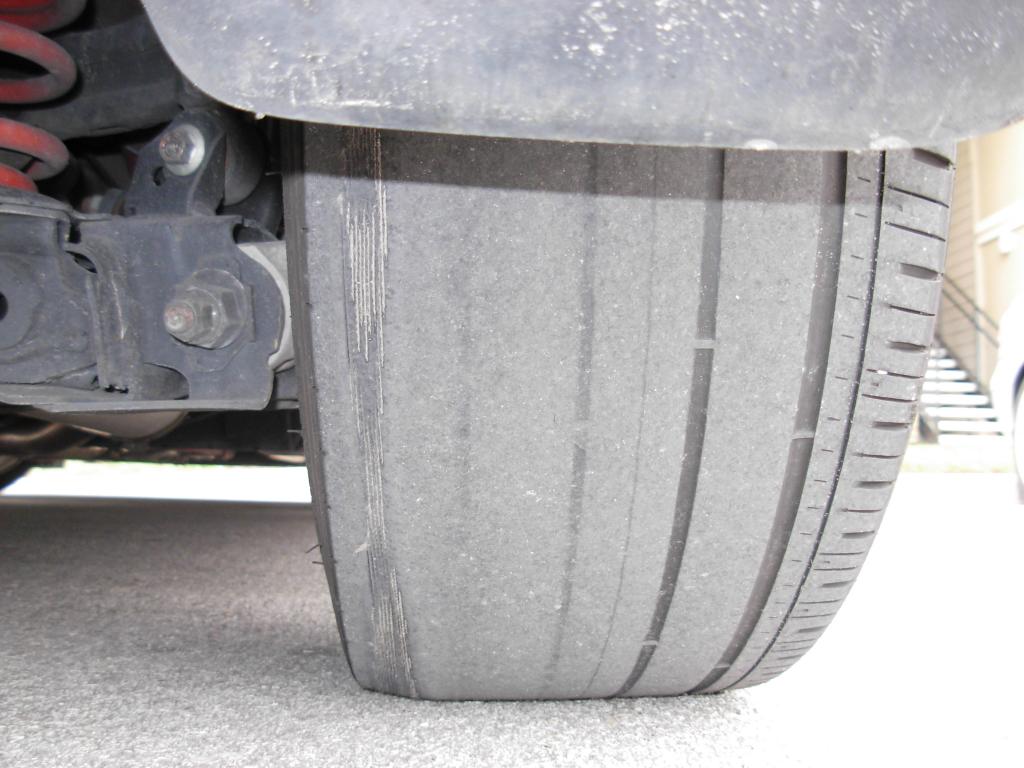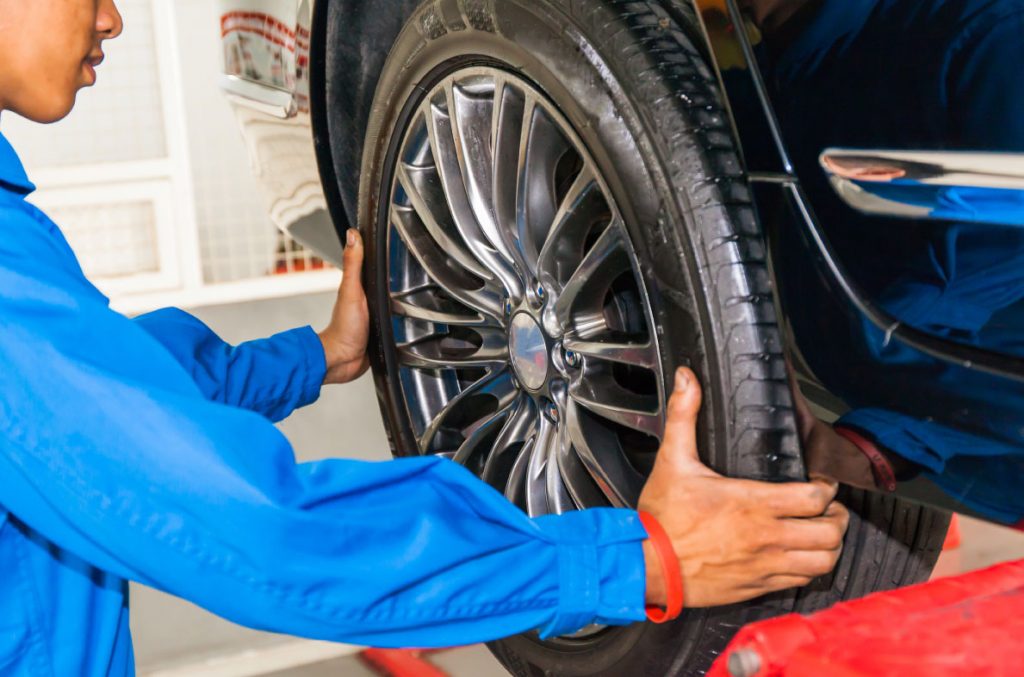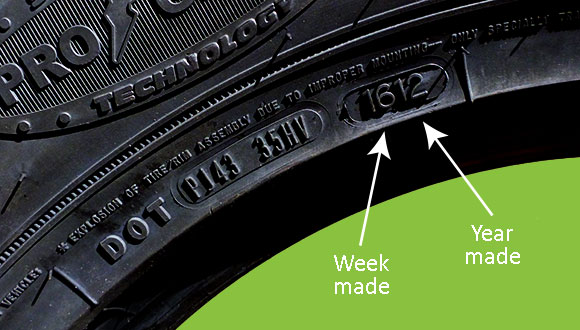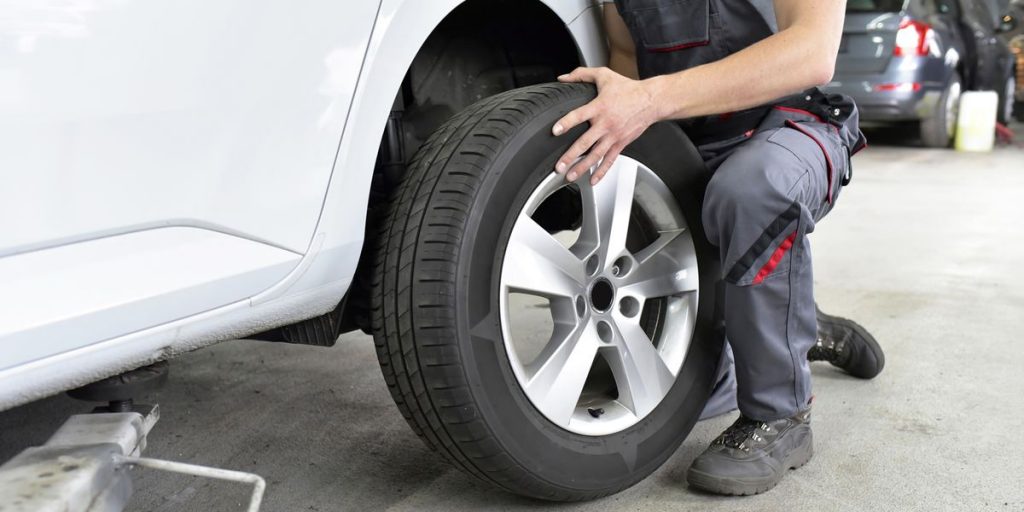The average American travels between 14,000 and 15,000 miles per year, and if you’re kind enough to your tire (i.e., you don’t continually take off at red lights and fail to maintain them correctly), most new tires on the market today will last about 60,000 miles.
Tires can be a lot more critical than you might think. Getting the right adjustment for the road is just the beginning. A few hundred miles later, even the best tires begin to wear out gradually, affecting your vehicle’s performance and safety. Often, they are both the most neglected and most critical part of any driving experience. Even if you’ve got the most powerful engine in the world, it doesn’t mean anything if you’ve got the wrong tires. Keeping proper tires on your wheels can spell the difference between driving safely and experiencing a catastrophic accident. Knowing when to change them is fundamental to effective maintenance, but how do you know when it’s time to do so?
When Should I Replace My Tires?
The most common question people ask themselves is, “How often should I replace my tires? There are generally two different factors involved in tire replacement: wear and age.
Tire Wear:

All tires eventually wear out. The way a tire wears can be a sign of a problem with alignment or tire pressure. Tire tread should wear evenly across the entire tire rather than on the inside or outside of the tire. Tire wear will occur regardless of your driving ability, although it can be accelerated if you do not take care of your tires.
Tire Age:
Tire aging occurs when tire components (including rubber) begin to change over time. That can be a result of environmental impacts and storage conditions, the amount of use the tire sees when driven, or the tire staying in place without being used.
Of course, unless you’re a tire professional, it can be challenging to know precisely when wear and age of a tire indicate that it’s no longer safe to drive and needs to be replaced. If you’re wondering how old your tires are, when they expire, and when to change them, you’ll need to understand how to read your tires! Each tire shows the date of manufacture, up to the week, and year.
According to industry standards, you should replace passenger and truck/SUV tires between 6 and 10 years of age. When you need to change your tires depends mostly on tire usage and extreme weather conditions. The way a vehicle has been stored can also affect when a tire needs to be replaced. If your tire passes the penny test and visual inspection reveals no cracks or damage, but it’s between 6 and 10 years old, the wisest thing to do here is to have it inspected by a tire store to determine if you should consider replacing it.
But Why Should I Change My Tires?
Knowing how often to replace tires isn’t just about taking good care of your vehicle and preventing expensive mistakes. Tires are a vital part of your vehicle’s safety. Of course, many factors could lead to aging. But what increases tire wear?
Driving Style: spinning the wheels on acceleration, or locking them when braking increases wear
Bad Roads
Alignment: The wrong alignment will lead to tires wearing off quickly and unevenly
Speed: High-speed driving increases temperature and wear (check your speed index)
Position: Front-wheel drive cars usually show a higher degree of wear on the front tires
Load: Excess load subjected to cars increases wear (check your load index)
Pressure: Maintaining the correct inflation pressure is one of the most important things you can do to look after your tires. Both under-inflation and over-inflation can increase wear.
Assessing the health of your tires is not as tricky as you might think. In most cases, knowing when to replace a tire is as simple as taking a quick and careful look. However, you need to know what you’re looking at and what the key indicators are. Got a flat tire in the middle of the road in Kissimmee? Don’t fret! Center State Auto has got you covered! They have a range of reliable and effective tires that will fit your vehicle perfectly.







